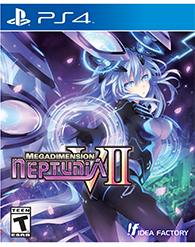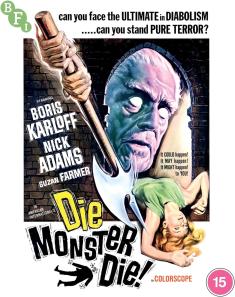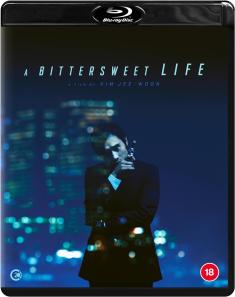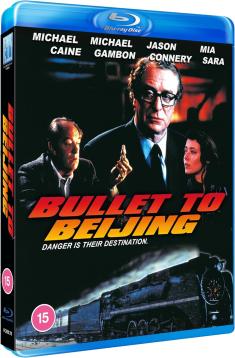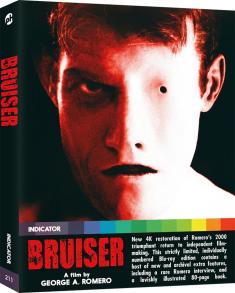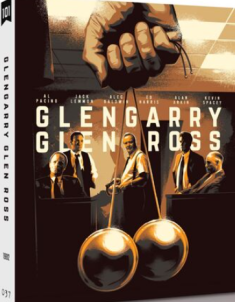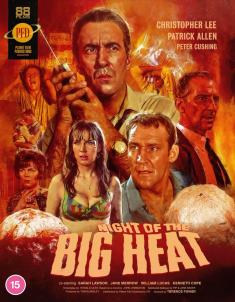Megadimension Neptunia VII
Overview -
After numerous spinoffs and remakes, 'Megadimension Neptunia VII' (pronounced "V2", not "7") marks the first proper 'Neptunia' sequel since 2012's 'Victory.' From Compile Heart, 'Megadimension Neptunia VII' marks the series debut on the PS4.
Video Review
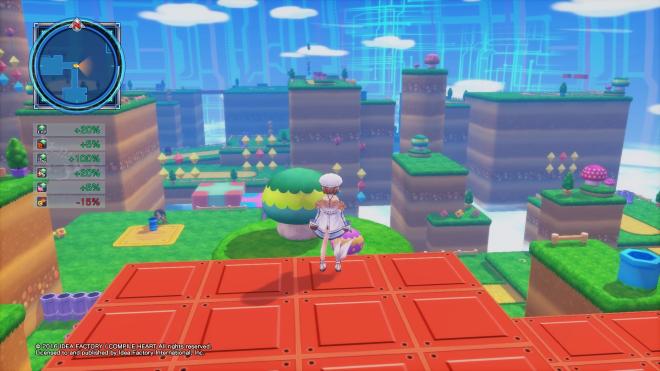
'Neptunia' is bright and colorful, but the visuals aren't noteworthy by any real measure. The 2D artwork here is clean and pleasant, but the 3D models and environments, most of which are repeated several times, only drag the look of it all down.
Audio Review
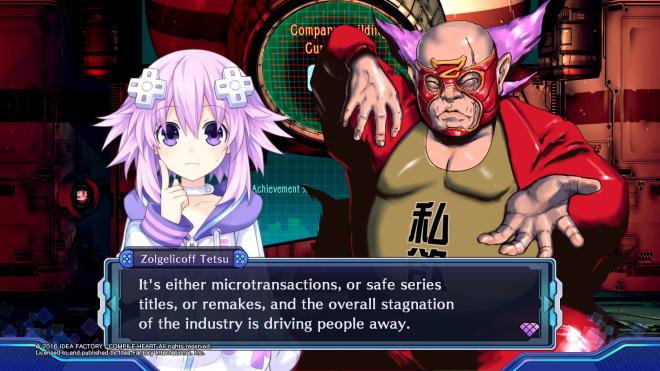
The English voice acting ranges from strong to terrible, though Japanese VA is available as free DLC. The music, sadly, is rather bad on the whole. There's a few good tracks in here, a couple of which I'd even say are great, but there are times I wished I'd have just listened to a podcast or really, anything else in the majority of the game's dungeons.
Final Thoughts
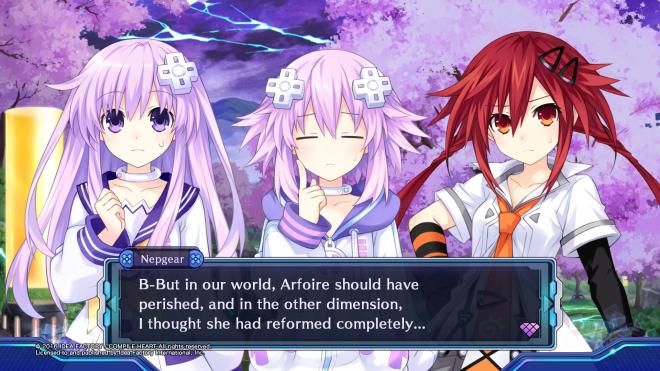
It stumbles in a fair few places, and it likely won't sway those who aren't fond of the basic idea of the franchise. Overall, however, 'Neptunia VII' represents a strong step forward in a franchise that seemed all too content to stand in place. While I wish it went further with its parody than it ever really does, a sequel that doubles down on the good ideas introduced here could potentially lead to something great.
